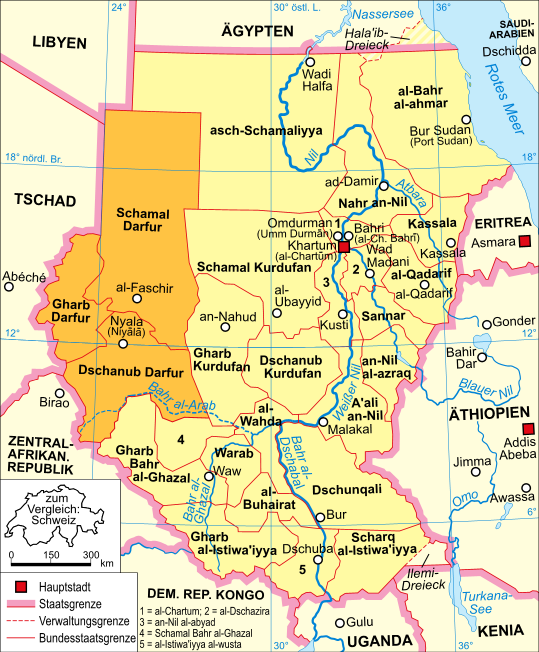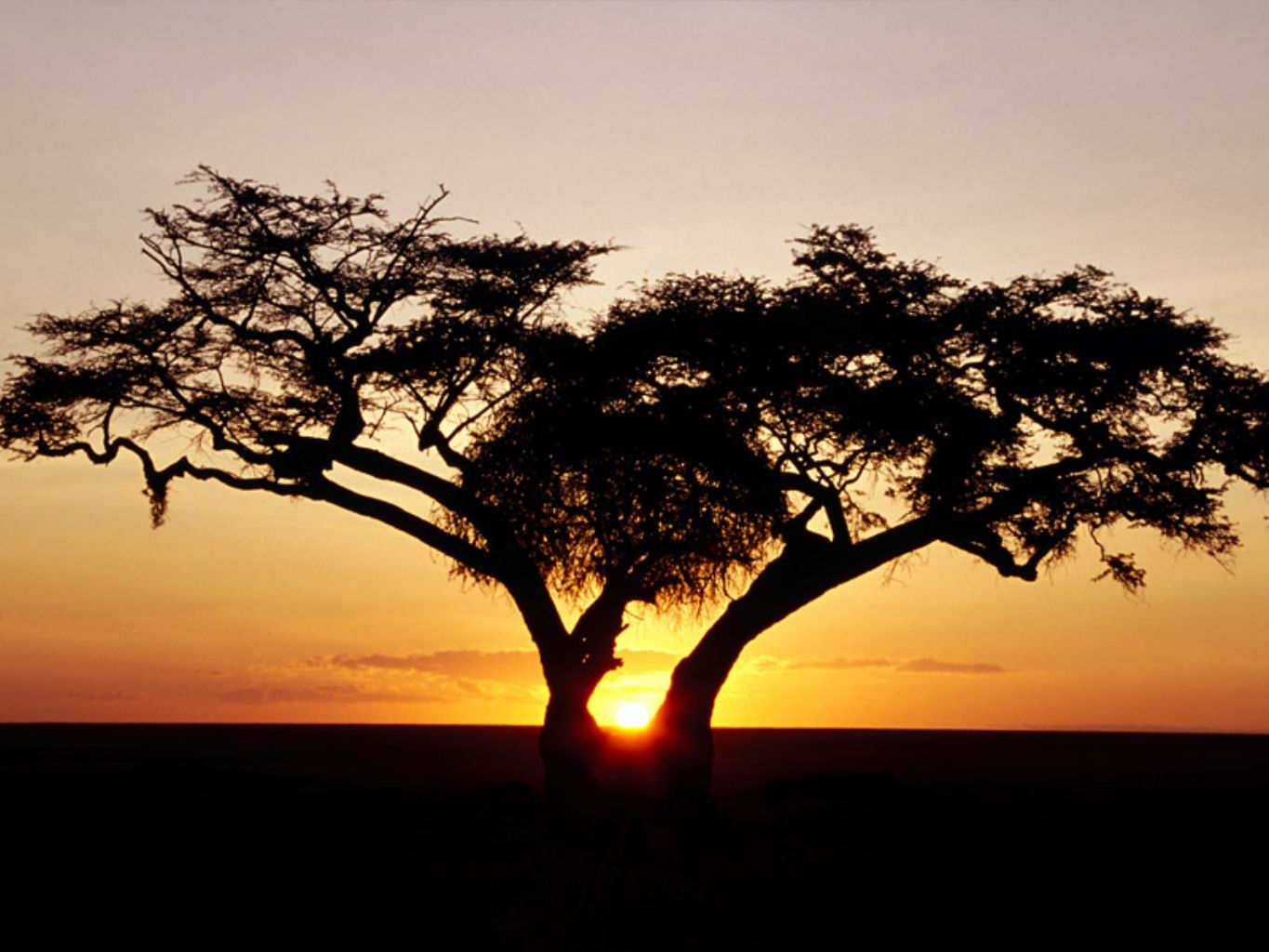In the Beginning
If one were to look up ‘dichotomous’ in the dictionary, the definition could simply be a map of Sudan, and a big map it would be, as this country is the size of Ontario and Quebec combined. Never was there ever a more happy-sad, hopefuldespairing, poor-but-with-potential, beautiful-but-parched, smiles-through-tears country in the world.
And to top it off, the number of ‘players’ in this African country is mind-boggling. There’s the government of northern Sudan and its troops, which is supposed to govern the whole. There is the government of the south, the Janjaweed militia. There is the Sudan People’s Liberation Army troops along with their political arm, the Sudan People’s Liberation Movement. There is Muslim versus Christian, nomad versus nomad, nomad versus farmer, tribalism, invading forces (such as the Lord’s Resistance Army from the Congo, and the People’s Defence Force from Uganda.) Finally, there are the NG Os, China and, just to give the stew more flavour, the United Nations.
W hat is this Sudan? If you were to think of Sudan at all, and western media were your only source, you’d probably think it consists only of Darfur. Indeed, Darfur is in a world of hurt. As we speak, governmentfinanced nomad militia, known as Janjaweed, are terrorizing by murder and rape the Christian settlers of Darfur. Thousands have died and more are dying.
But why has Darfur attracted so much more attention than the problems in the rest of the country? George Clooney and other Hollywood celebrities have taken up Darfur’s cause and given it huge visibility. Rallies around the world attract the attention of governments, pressing the United Nations and the African Union to do more. And they should. Sudan’s intransigent president, Omar Hassan Ahmad al-Bashir, has become an expert at applying delaying tactics – holding up supplies while Sudanese people continue to die. There is, however, another sad story in Sudan, one equally gripping. We all read and hear the term genocide. It has become an empty word that no longer conveys emotion. No pamphlets or magazines, no colourful sound bites, no actors on television holding starving children in their arms can prepare one for the sheer, life-altering reality of a visit to Sudan.
This is the story of the two Sudans – the North and the South – and the reason I choose to tell it to you is that I want Canadians to know that there are other countries in difficult circumstances where your military is serving, in addition to the much focused-on Afghanistan.
Sudan is a country rich in oil, with 83 per cent of it coming from the south. Cunning China has insinuated itself into Sudan, supplying it with everything from manhole covers to belts, watches, clothing and other less benign items. All this in exchange for oil, which was a fundamental factor in the 25-year genocidal civil war between north and south, now tenuously quiet under a United Nationsbrokered peace deal reached in 2005. The various ratios and percentages of the profit-from-oil distribution between north, south and local communities in no small way contribute to this tenuousness. So you see, this part of Sudan is like a layered cake. Add tribalism, nomads killing farmers, tensions between northern and southern troops and fleeing citizens (known as internally displaced persons) moving from village to village.
Into all this, I am dropped.
Flash back to innocent and insular little Victoria, B.C. Here lives Jim Parker, former prep school physical education teacher, part-time naval reservist and sometimes writer. He is quite content with his West Coast life of outdoor activities and part-time military duty. But something is niggling at him. Midlife crisis? Perhaps. Or maybe something more.
He believes that with living a privileged life, as we do in Canada, comes a responsibility and obligation to help others less fortunate. It turns out that that little niggling feeling is the realization that simply writing a cheque to one’s favourite charity is too damn easy. On the other hand, he is not an especially altruistic type of fellow.
The questions, then, are, how does one give a real helping hand, and take a bit of personal risk out there in the world, while still generating income? Answer: Look to your naval reserve and the rest of the Canadian military and see what they are doing out in the world and what opportunities there are.
Most Canadians would have trouble coming up with more than one world location (Afghanistan) where Canada is operating in some form or other. Try Sudan, Gaza, several places in Europe, Haiti, Sierra Leone, Congo and at sea in the Persian Gulf, the Atlantic and more. So the Canadian military, stretched thinly and underfunded, is still serving Canada well all around the world.
It so happens that the Canadian Forces is looking for service members to serve in southern Sudan as military observers for the United Nations on Operation Safari. With Canada’s large – for the Canadian military at least – involvement in Afghanistan, opportunities for reservists, and non-army ones at that, to serve around the world now present themselves. Perfect.
First, must convince partner Heather that this mission is not too dangerous, is an opportunity of a lifetime and won’t cause her too much extra work (Wrong. The dog walks alone will double.) Tell her it will get me out of her hair and produce extra income to fund renovations. Then, scrape through the fitness and medical tests and various questionnaires. Graduate from the military observer course at CFB Kingston and, in typically military fashion, wait.
I find out I am to deploy to Khartoum in April and all the paperwork and kit accumulation begins. Piles and piles of both. I’ll not recreate the stress of filling out diplomatic paperwork, gathering esoteric equipment for hot, austere climates, packing and bending over for more needles than acupuncturists give their sickest patients. Needless to say, it is true that Canadian military members arrive at their destinations as the best equipped and trained in the world. All the aforementioned is done under the auspices of the Canadian Expeditionary Forces Command. This is the military organization responsible for all Canadian Forces activity outside Canada. (The entity responsible for military units in Canada is CANCOM.)
My story tries not to be a military or political tale. The following accounts are taken from The Dung Beetle Diaries, my journal that I – surprisingly – kept religiously during my time in Africa. Often rough, emotional and clearly written on the spur of the moment, it is a grunt’s view. I doubt my views and experiences are unique. All 30 or more of my Canadian colleagues in Sudan would have similar stories to tell. My photographs are the same, mostly rough and unskilled. Occasionally I capture some unique moments just from sheer volume of shots. Picture-taking in Sudan is a risk all its own, as it is illegal to take photos without a permit.




















